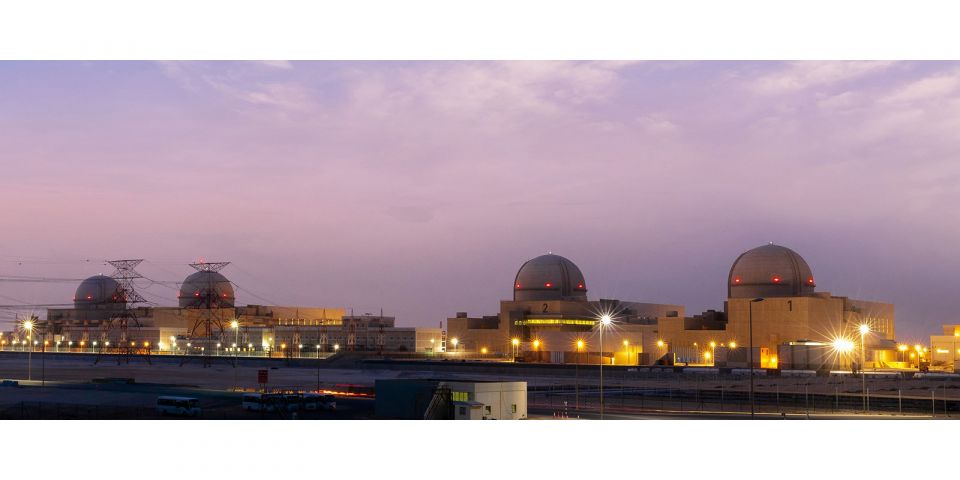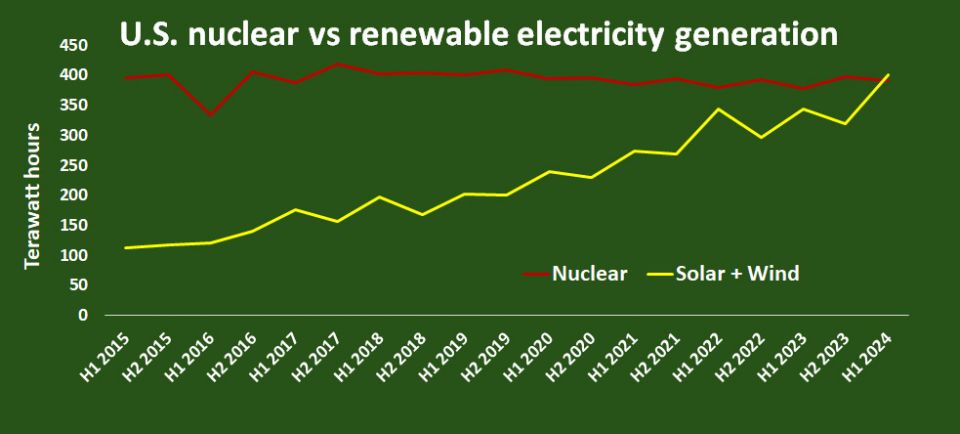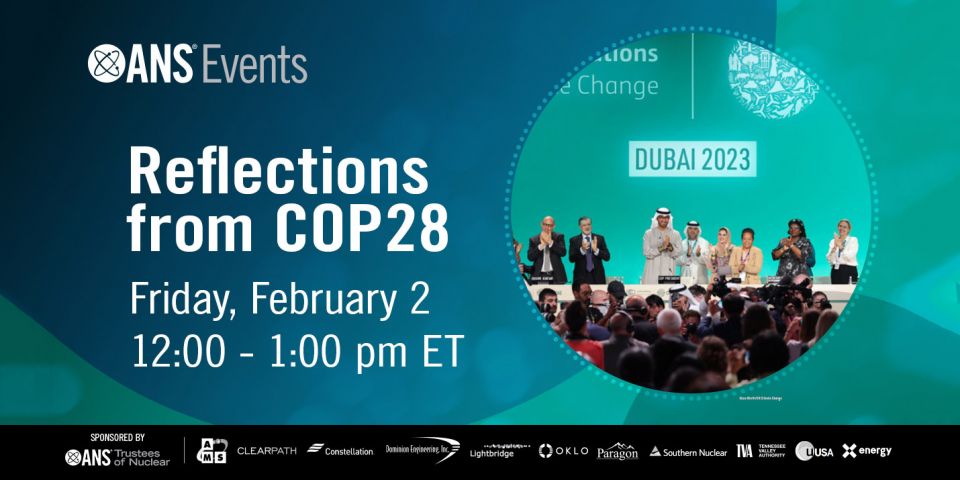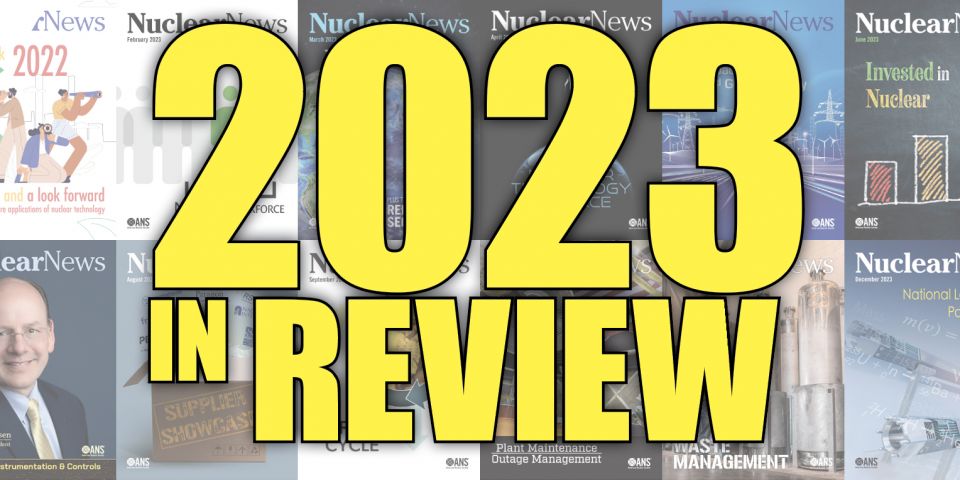Unit 4 at the Barakah nuclear power plant. (Photo: Nawah)
The Emirates Nuclear Energy Corporation announced last week start-up at its fourth nuclear unit at the Barakah plant in the UAE.
The plant is run by ENEC’s operating and maintenance subsidiary Nawah Energy Company. In the coming weeks, Unit 4 will be linked to the national electricity grid and undergo testing as power production is gradually increased to full capacity.
“The start-up of the fourth unit of the Barakah Nuclear Energy Plant is a significant achievement as we now enter into a new era to deliver the full promise of [the plant],” Mohamed Al Hammadi, managing director and CEO of ENEC, said in a news release. “In the past five years, the UAE has added more clean electricity per capita than any other nation globally, with 75 percent coming solely from the Barakah plant, demonstrating how pivotal nuclear energy is in decarbonizing the country’s power sector.”
Stats: Once testing is complete and commercial operations begin, Barakah-4 will reach a plant capacity of 5,600 MWe—meeting 25 percent of the UAE’s electricity demand. This is the fourth and final of the Korean-designed APR-1400 units to be built at the Barakah plant.
The plant’s new electricity output will cover 25 percent of the UAE’s carbon reduction commitments, known as the Nationally Determined Contribution under the United Nations Paris Agreement to meet global climate change goals.
Barakah’s three other commercially operating units, delivered into service in three consecutive years, generate more than 30 terawatt-hours of carbon-free electricity. ENEC said each previous unit started up more efficiently than the one before, with Unit 3 delivered four months faster than Unit 2 and five months faster than Unit 1.
In celebrating the success of bringing Barakah’s units on line, Al Hammadi said, “We continue to inspire a new generation of climate change champions.”
Commitments: ENEC, along with the World Nuclear Association, recently launched Net Zero Nuclear—a platform advocating for the important role of nuclear energy in achieving net zero emissions.
At COP28 held last year in the United Arab Emirates, leaders from more than 20 countries committed to tripling global nuclear energy capacity by 2050 to accelerate decarbonization efforts worldwide.







.jpg)

